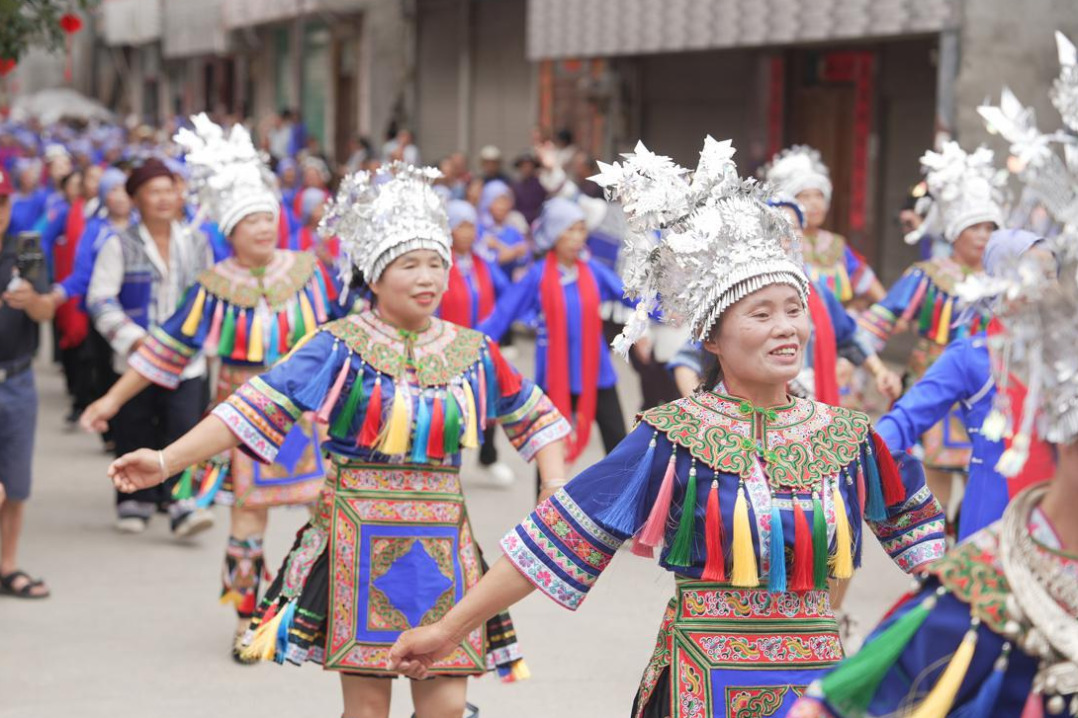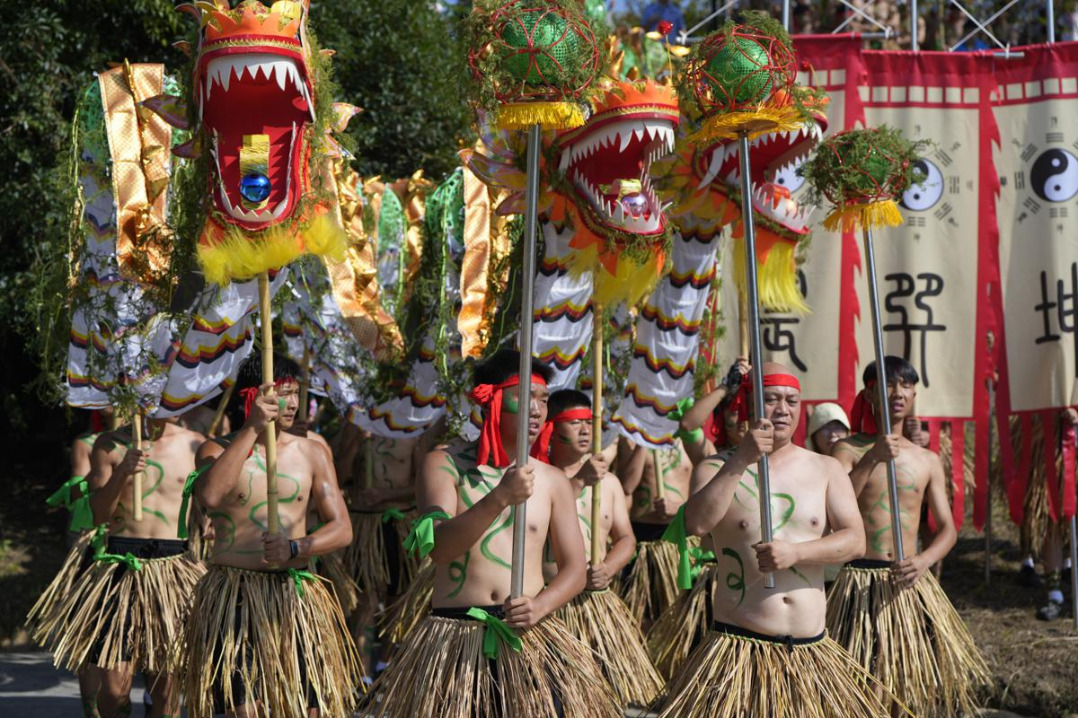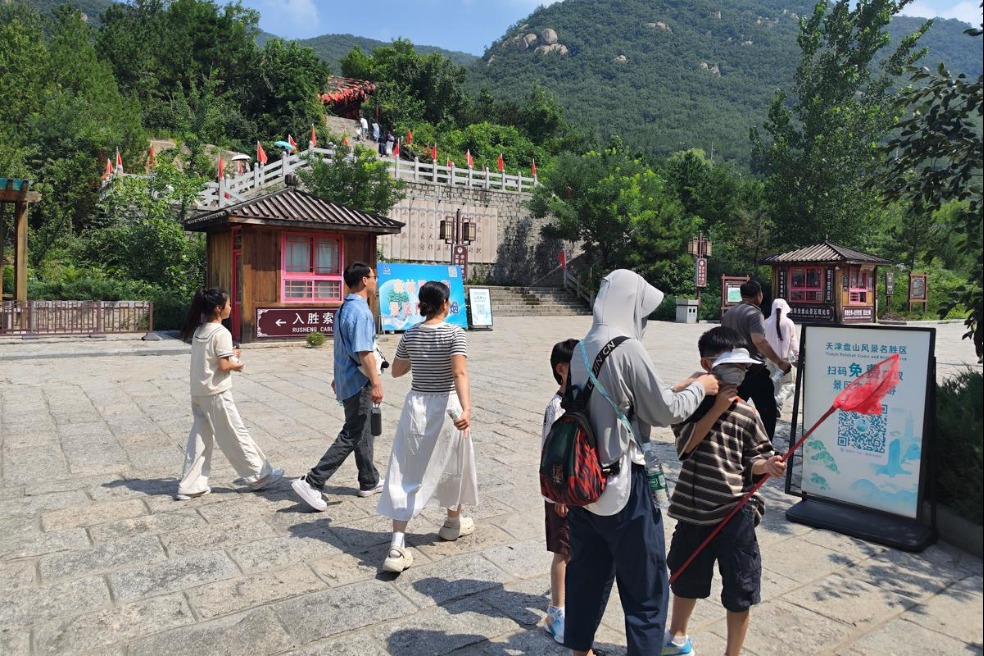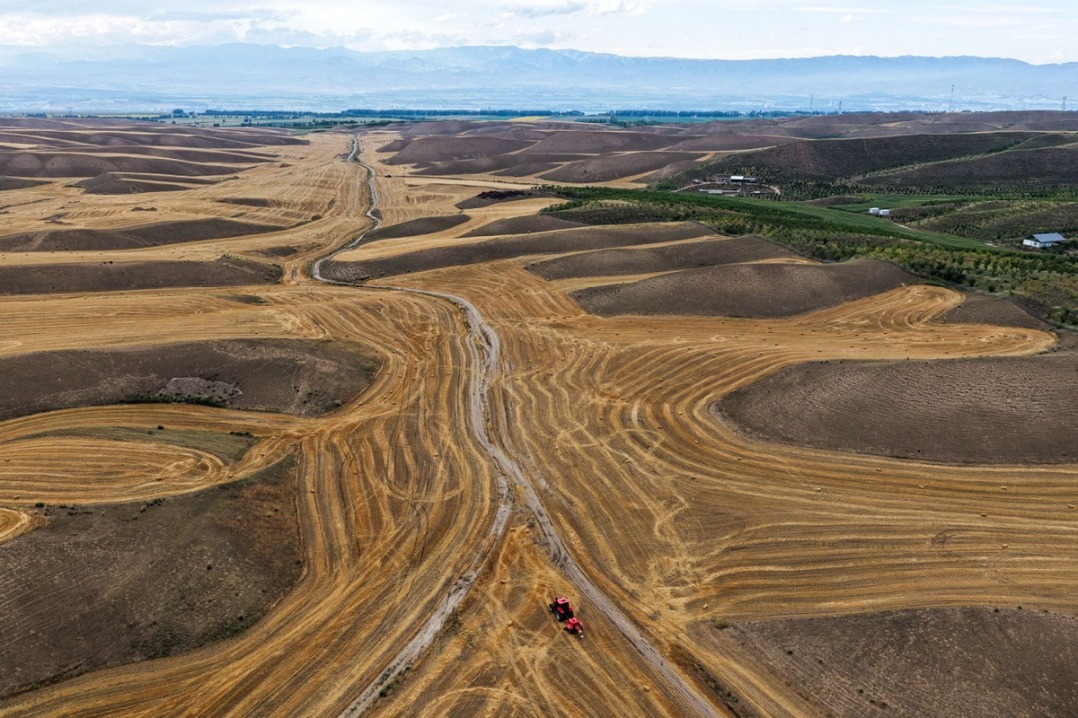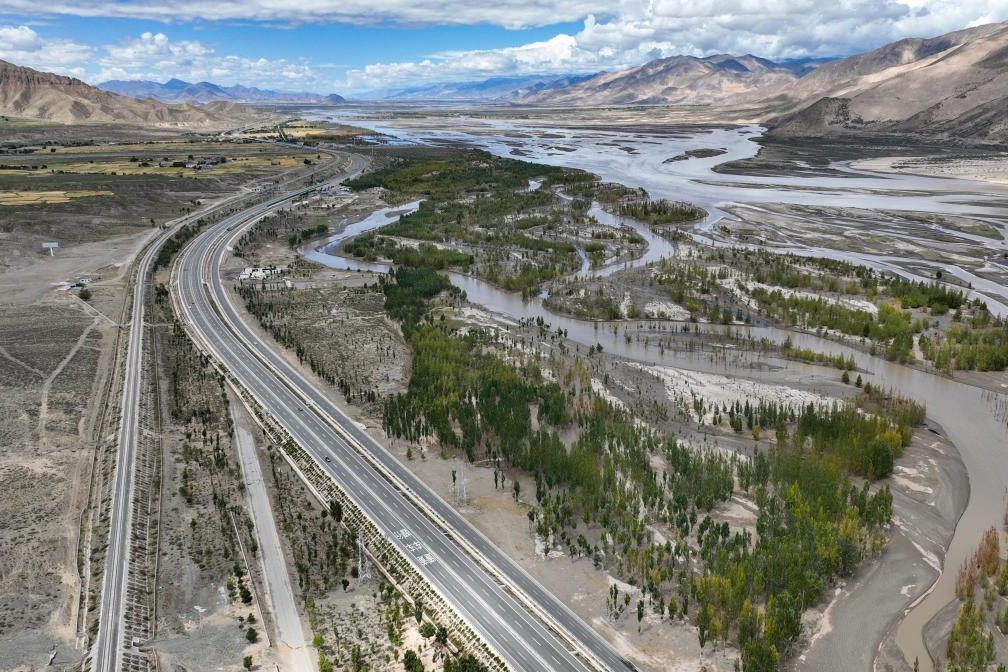Ancient Buddhist grottoes in Xinjiang to open to public

URUMQI -- Dating from the fifth to the 14th century, the Kumutula Grottoes in Northwest China's Xinjiang Uygur autonomous region will open to the public in October, local authorities said.
"It will be the first time for the Buddhist grottoes to open to the public since they were discovered. Based on the preservation status of the caves, we plan to open 12 grottoes at the beginning," said Miao Lihui, deputy head of Kizil Grottoes research institute which administers the Kumutula Grottoes.
The Kumutula Grottoes are an important heritage site under state protection, Miao said, adding that they consist of 122 caves with unique murals.
Experts believe that the grottoes are of great significance to study the history of Buddhism in China.
The institute is ramping up efforts to accelerate the infrastructure work near the site to better serve upcoming tourists, Miao said.
The Grottoes are situated in a river valley around 30 km away from the city proper of Kuqa, Aksu prefecture. They are among the largest Buddhist grotto temples in Xinjiang and are near the Kizil Grottoes, one of China's earliest sites of large-scale Buddhist grottoes.
- Fudan University unveils archaeology project to explore Silk Road heritage
- Chinese vice-premier urges all-out efforts to tackle Chikungunya fever outbreak
- China's ocean economy buckles pressure and posts 5.8% rise in marine GDP
- China's Qin Haiyang wins men's 200m breaststroke gold at World Aquatics Championships
- Across China: 80 years on, US youth carry the Flying Tigers' torch
- Shanghai's intl business zone offers visa-free entry to invited individuals
















